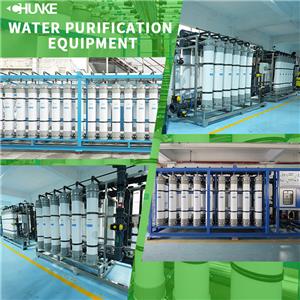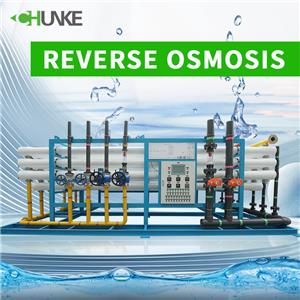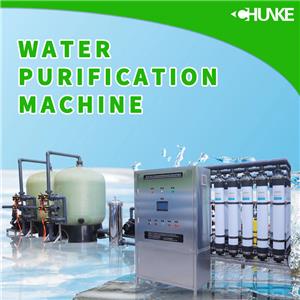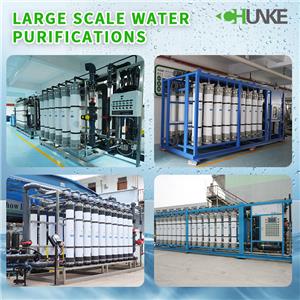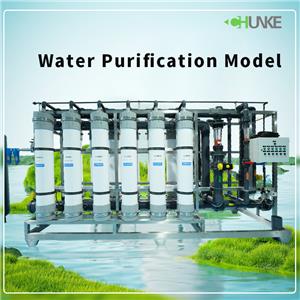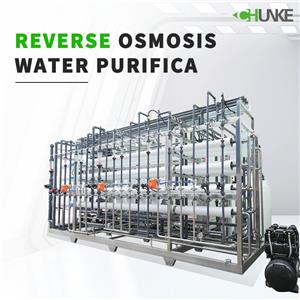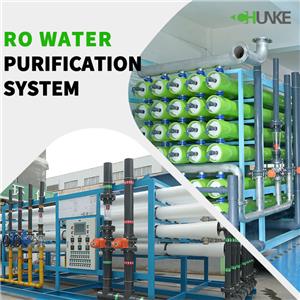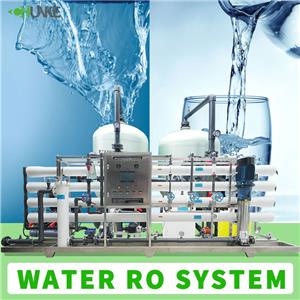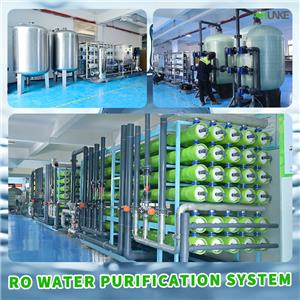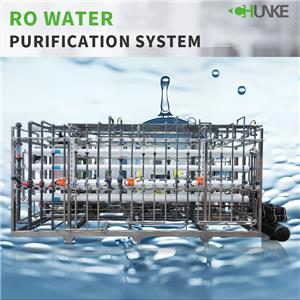-
05-27 2024
Which is Better, UV Water Filter or Reverse Osmosis Water Filter?
UV filters mainly focus on killing pathogens in water, but cannot remove impurities and suspended solids in water, while RO water filters can comprehensively purify water. If there are more impurities and suspended solids in your water source, a reverse osmosis water filter may be a better choice. If the main concern is microbial contamination of the water, a UV filter may be more appropriate.
-
05-24 2024
Why Shouldn't You Use Reverse Osmosis Water?
Reasons not to use reverse osmosis water: When cooking vegetables, meats and grains, reverse osmosis water can cause up to 60% of the calcium and magnesium in the food to be lost. Other trace elements, such as copper, manganese and cobalt, may be lost at even higher rates, as high as 66%, 70% and 86% respectively. These minerals and trace elements are essential for human health and nutritional balance.
-
05-23 2024
Which Water Purifier Is the Best?
Choosing the best water purification machine requires consideration of several factors, including water quality, use, filtration technology, and personal needs. CHUNKE commercial brine treatment and purification machine is one of the popular choices. It removes salt and impurities from water through an advanced treatment system to provide users with clean and safe drinking water.
-
05-20 2024
What is Large Scale Water Purification?
Large scale water purification is a technology that converts large amounts of contaminated water into clean, safe drinking water or water resources for other purposes through a series of treatment processes. This process usually involves 3 steps including sedimentation, filtration and sterilization.
-
05-16 2024
What is a water purification model?
Water purification model refers to a system or process for purifying water sources, aiming to remove pollutants, impurities and harmful substances in water to provide clean and safe drinking water or industrial water. These models usually consist of multiple treatment units, each with specific functions to ensure water purification and compliance with relevant standards.
-
05-08 2024
What is the service life of a reverse osmosis water purification system?
The service life of a reverse osmosis water purification system is typically between 10 and 15 years. The life of the system depends on a variety of factors, including water quality, maintenance, and the quality of the system components. Frequent cleaning and replacement of filters and reverse osmosis membranes can help extend the life of your system.
-
05-06 2024
What is the difference between a RO water purification system and conventional filtration?
1. Differences in filtration technology: 2. Differences in filtering effects: 3. Maintenance and usage costs:
-
04-26 2024
Is drinking reverse osmosis water healthy?
Drinking reverse osmosis water is healthy for most people. Reverse osmosis technology provides people with purer drinking water by removing most of the impurities in the water, including heavy metals, chemicals and bacteria. If you have certain health conditions, such as acid reflux or gastrointestinal ulcers, you may want to talk to your doctor to see if drinking reverse osmosis water is right for you.
-
04-25 2024
Is a home reverse osmosis water purification system worth it?
Household reverse osmosis water purification system is an important means to improve the quality of household drinking water and protect household water equipment. Although there are some disadvantages, such as wastewater discharge and higher initial investment, its advantages such as efficient purification, easy operation, space saving and energy saving make it an ideal choice for many households.
-
04-18 2024
What is RO water purification system?
Reverse osmosis water purification system is an efficient technology for water purification. It separates dissolved solids and impurities in water through a semipermeable membrane to obtain clean drinking water or industrial water.





